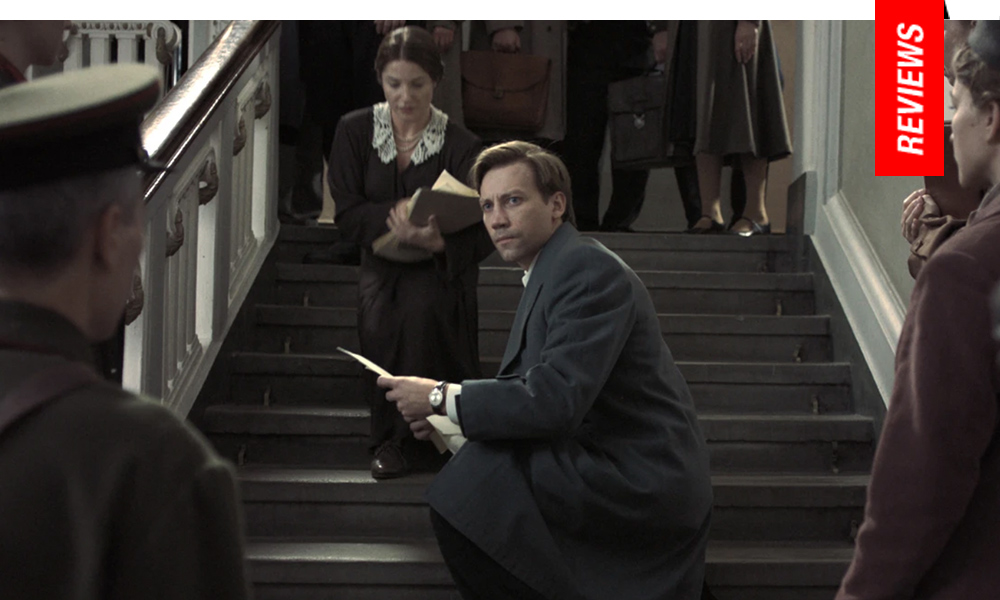Ordeal by Innocence: Loznitsa Mines the Terrors of Naïveté
The title itself seems like the start to a bad joke. Two prosecutors walk into a bar, etc. It’s 1937, at the height of Stalin’s terror, we’re told. We spend most of the time with just one prosecutor, Alexander Kuznetsov’s Comrade Kornyev, fresh to his post of three months who happens to miraculously receive a clandestine request to visit a prisoner in the ‘Special Block’ in Bryansk, a place for criminals involved in counter revolutionary activity. The message, penned in blood, is squirreled away by another dissident, recently imprisoned and ordered to burn all his belongings, which include what appears to be thousands of letters addressed to Stalin from falsely accused detainees who were tortured into making false confessions. Yes, this even includes staunch members of the Communist Party.
Kornyev settles on visiting the General Prosecutor (Anatoliy Belyy), who advises, after waiting an interminable day to be seen without an appointment, is told to return to Bryansk and retrieve medical documentation of the claims. Of course, this turns out to be lip service.
At a point in time, a film like Two Prosecutors would seem like an old fashioned recapitulation of a dark, disastrous period we’d safely moved away from. However, it’s difficult not to see crystal clear parallels, on an operational level at the least, with NKVD, an agency operating with complete autonomy, and something like the newly minted monstrosity DOGE in the US.
To be fair, Loznitsa’s latest isn’t exactly a high octane roller coaster, and it’s really composed of a handful of lengthy sequences wherein Kornyev ends up seeming frustratingly naive. He’s one of the good Russians. But everything’s 20/20 in retrospect. A tongue-in-cheek sequence transpires on Kornyev’s journey to Moscow, where a loud show-off in the boxcar tells a self-involved story about a promise made to him by Lenin, who died before he could collect money promised to him. Currently, he’s on his way to try Stalin for his deserved alms and does Kornyev believe it’s a possibility? Our gentle prosecutor has fallen dead asleep in his comrade’s face, which is about as apt a metatextual resonance as any considering our regressive global state of affairs.
Reviewed on May 14th at the 2025 Cannes Film Festival (78th edition) – Competition. 118 Mins.
★★★/☆☆☆☆☆
